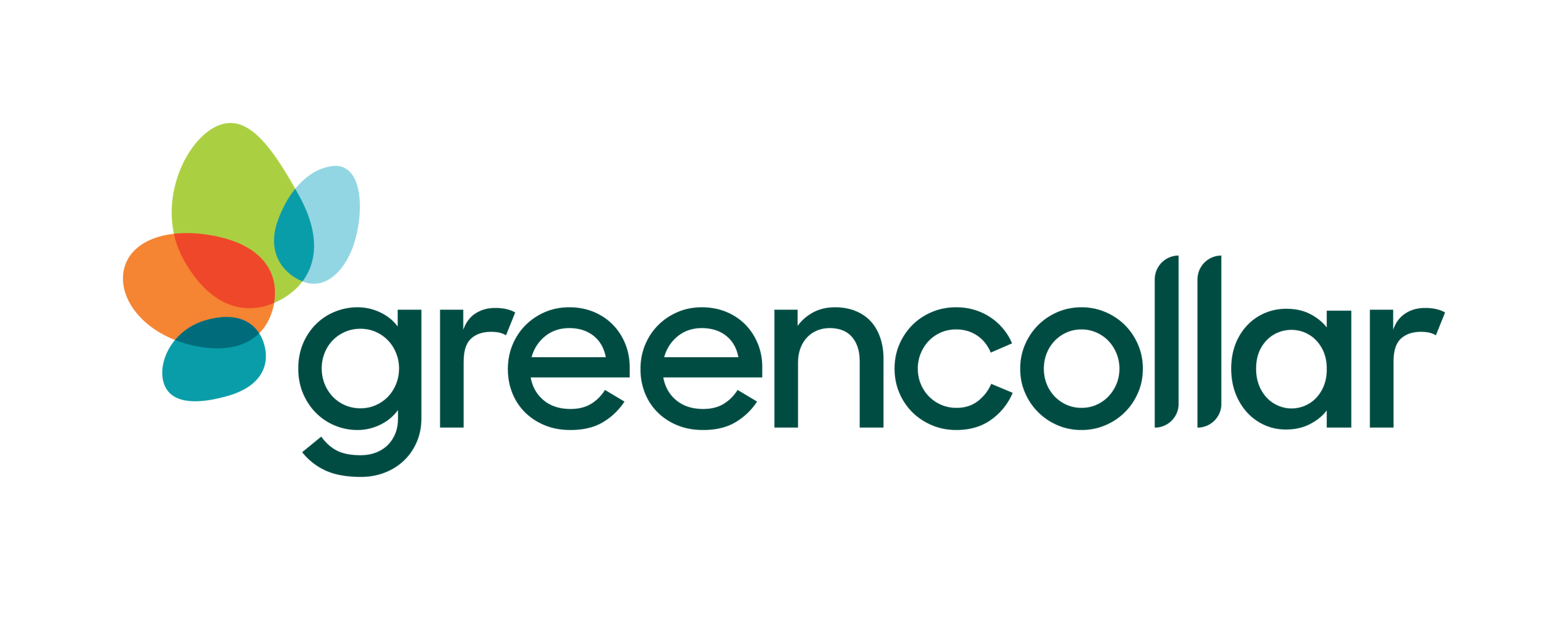Why integrity is critical when considering carbon credits
Last year, the Australian Institute reported that 75% of Australians are concerned about climate change – an all-time high for the nation. With mounting public concern, businesses are under pressure to improve their environmental impact. A strong stance on sustainability has become a key differentiator for businesses looking to attract quality talent, maintain a respected brand and mitigate legislative risks.
More and more companies are drawing a line in the sand and declaring a net zero emissions target. But promises are one thing and practice is another. As businesses look to reduce emissions through their value chains and offset what they can’t reduce, it is increasingly important to consider the integrity of credit providers and the quality of the credits themselves. Businesses need to ensure that their environmental commitments remain credible in an increasingly discerning market.
Trusted partners
For a responsible corporate, the environmental credits market can be difficult to navigate. Buyers need assurance that they are investing in legitimate solutions and not falling prey to greenwashing and empty claims. Corporates that are looking to meaningfully change their standing on Environmental, Societal and Governance (ESG) issues, need to look for trustworthy partners.
Principled credit providers can help buyers minimise, or even begin to reverse their environmental impact, and mitigate investment risk by helping them invest in credits from high quality projects. Additionally, partnerships with trusted providers can lend additional credibility to ESG efforts, bolstering marketing initiatives and standing up to public scrutiny. In order to find such partners, businesses need to look for proof of integrity from their credit providers, and interrogate their project development or credit sourcing process, in particular, how they measure and monitor the impact of their projects.
External validators such as certifications and accreditations can help verify that a provider already meets and maintains high standards. B Corp certification, for example, is a designation that a business meets verified standards of performance, accountability and transparency on both social and environmental factors. Certified B Corps, like GreenCollar, have passed a rigorous accreditation process and are transparent about their performance, making it publicly available on their B Corp profile. By seeking an independently verified credit provider, investors can be more confident in the integrity of their provider and the products they offer.
Investors can also look to third party audit records for assurance of quality.
All projects issued Australian Carbon Credit Units (ACCUs) under the Emissions Reduction Fund must successfully complete third-party auditing and verification. Responsible investors can look into a developers’ success rate as an indicator of how rigorously they control project quality.
Quality credit providers will also be happy to share details on project monitoring processes. For example, GreenCollar validates initial carbon assessments with on-ground field work to set project baselines rather than relying on satellite imagery. Projects are monitored daily for fire and drought indicators and undergo change detection and canopy assessments to ensure continuing regeneration of vegetation. Quarterly landholder interviews qualify delivery of project actions, and outcomes are tracked through regular on-ground monitoring throughout the project lifetime.
Projects that perform
A trustworthy credit provider goes a long way in ESG investing, but buyers also need to do their due diligence on the credits they purchase. Carbon credits are underpinned by many different types of projects and investors should seek out credits with high-quality outcomes to maximise their ESG impact.
At GreenCollar, we partner with farmers, graziers, Traditional Owners and land managers to deliver projects with a variety of ESG benefits. We develop projects that are specifically designed to deliver additional social, cultural, economic and environmental gains over and above a specific credit. Our carbon credit projects are not limited to carbon sequestration, but also work to protect and regenerate native vegetation, provide safe habitats for native fauna, mitigate fire risk, improve drought resilience and invest in local communities through job creation.
GreenCollar project outcomes are also structured to be measured and verified. We value project integrity because it helps underpin high-quality carbon credits by providing investors with clear, measured and verified outcomes, and tangible impact stories.
As the carbon credit market expands, it is increasingly important for investors to seek out quality credits and sound projects. Businesses should be looking to invest in credits and projects with a range of impactful ESG benefits and transparent performance metrics.
Investing in outcomes
Trusted credit providers and verified projects can help businesses get bang for the buck – building strong sustainability credentials and mitigating risk in environmental markets. But ultimately, the goal of carbon credits and ESG investing is to have a positive impact on the environment and reduce climate risk.
Environmental credit markets should provide financial incentives for long-term behavioural change. To ensure their investment is delivering on this, investors need to also operate with integrity, seeking partners and projects with real merit and benefit. Not all carbon credits are equal, but credit should always go where it is due.

